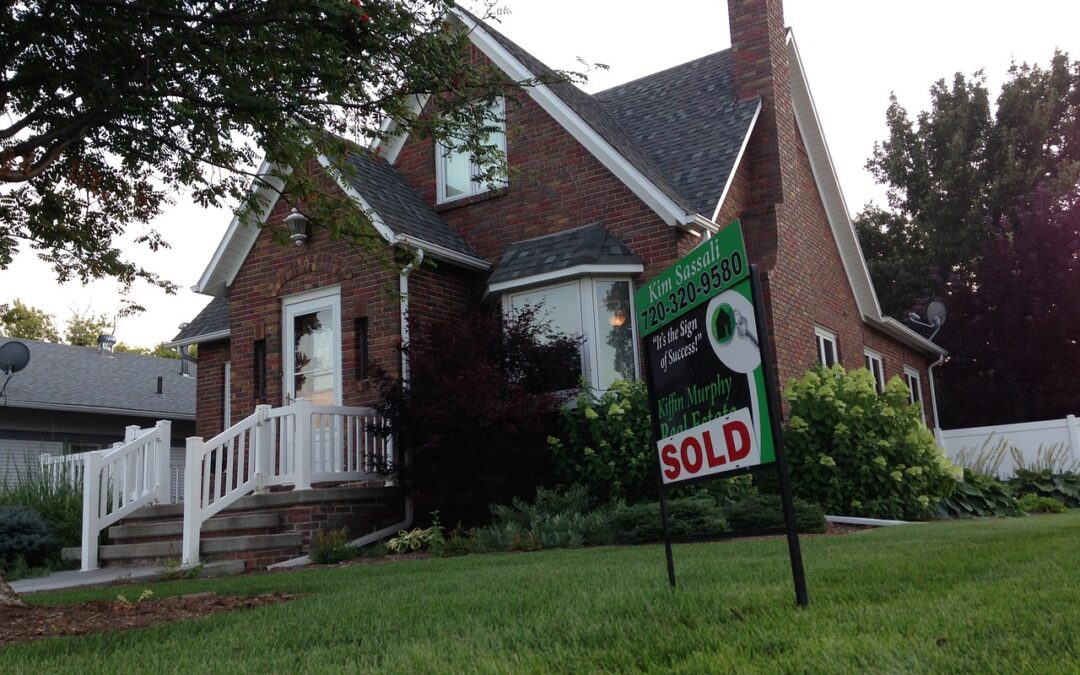Buying a house is a significant life decision that carefully considers various factors. While personal preferences and priorities may vary, three key elements consistently stand out as the most crucial when purchasing a home: location, budget, and property condition. These factors influence your immediate living situation and impact your overall satisfaction and investment value.
Factors that would affect which house you buy:
1. Location: The Heart of Your Decision
Undoubtedly, the location of a property is one of the most integral factors to evaluate when buying a house. The adage “location, location, location” still bears in the real estate. The area in which a property is situated affects many aspects, from your daily routine to the property’s potential resale value. Evaluate proximity to work, schools, public transportation, shopping centers, and recreational facilities. A convenient location can save you time and enhance your quality of life.
Additionally, research the neighborhood’s safety, crime rates, and overall ambiance. A safe and appealing environment contributes to your well-being and the sense of community. Moreover, the neighborhood’s future development potential plays a role in the property’s appreciation over time. Growth in infrastructure, local amenities, and community initiatives can positively impact the value of your investment. Therefore, thoroughly researching the location and its long-term prospects is fundamental.
2. Budget: Realistic Financial Planning
Your budget is the cornerstone of your house-buying journey. Determining how much you can afford and how you intend to finance your purchase is pivotal. Estimate your down payment and regard potential monthly mortgage payments, property taxes, homeowners insurance, and maintenance costs. Getting pre-approved for a mortgage is urged. This process helps you comprehend your borrowing capacity and demonstrates that you’re a serious buyer to sellers.
Stick to a budget that aligns with your financial comfort zone to avoid becoming “house poor” – a situation where a significant portion of your income goes towards homeownership, leaving little room for other expenses and savings. You must leave room in your budget for unexpected costs and emergencies. Owning a home comes with ongoing maintenance, repairs, and occasional surprises that require financial preparedness. By planning, you can navigate unforeseen circumstances without compromising your financial stability.
3. Property Condition: A Solid Foundation
The property’s condition significantly impacts your overall satisfaction and potential costs after purchase. A thorough inspection is vital to identify any underlying issues that might take time to be apparent. Engage a qualified home inspector to assess the property’s structural integrity, plumbing, electrical systems, and overall maintenance. Pay attention to factors such as the roof’s age, HVAC systems, and the condition of windows and doors. You should also consider the ongoing value potential of the home, which can vary a lot from type to type – a barndominium home may well seem good upfront, but the value it offers may not be lasting.
Addressing any major repairs or renovations before finalizing the purchase can save you substantial expenses in the long run. Feel free to negotiate repairs or ask the seller to address specific concerns. Furthermore, regard the property’s potential for customization and expansion. Assess whether the layout and features meet your current and future needs. If you want to make additions or modifications, ensure that local zoning regulations and permits allow for your intended changes.
A Holistic Approach to Buying a House
Purchasing a house is a multifaceted process that requires careful consideration of diverse elements. While location, budget, property condition, future resale value, and long-term affordability are key factors, it’s paramount to approach the decision with a holistic mindset. Your new home is not just a financial transaction; it’s a place where you’ll form memories, build a life, and invest in your future.
Taking a holistic approach means regarding the practical aspects of homeownership and how the property aligns with your lifestyle, values, and aspirations. Consider the overall ambiance of the neighborhood, the sense of community, and the opportunities for personal growth and enjoyment that the location offers. Furthermore, envision how the property will accommodate your evolving needs over time. A family might require additional space as it grows, while a young professional might need a home office or a space for hobbies.
Anticipating these changes can guide you toward a home that serves you well today and in the future. Ultimately, buying a house involves balancing the logical considerations and the emotional connection you form with the property. Engage with experienced real estate professionals who can guide you while respecting your preferences. By approaching the process with an open mind and a holistic perspective, you can make a well-informed decision that aligns with your unique circumstances and aspirations.
When buying a house, thorough research and a balanced perspective are key. Beyond location, budget, and property condition, factors like future resale value and long-term affordability contribute to a well-rounded decision. By taking a holistic approach and considering immediate needs and future aspirations, you can confidently embark on your homeownership journey, knowing that your investment aligns with your goals and priorities. To discover more about Town & Country Realty Corvallis and their professional real estate services, visit their official website for comprehensive information.

Recent Comments